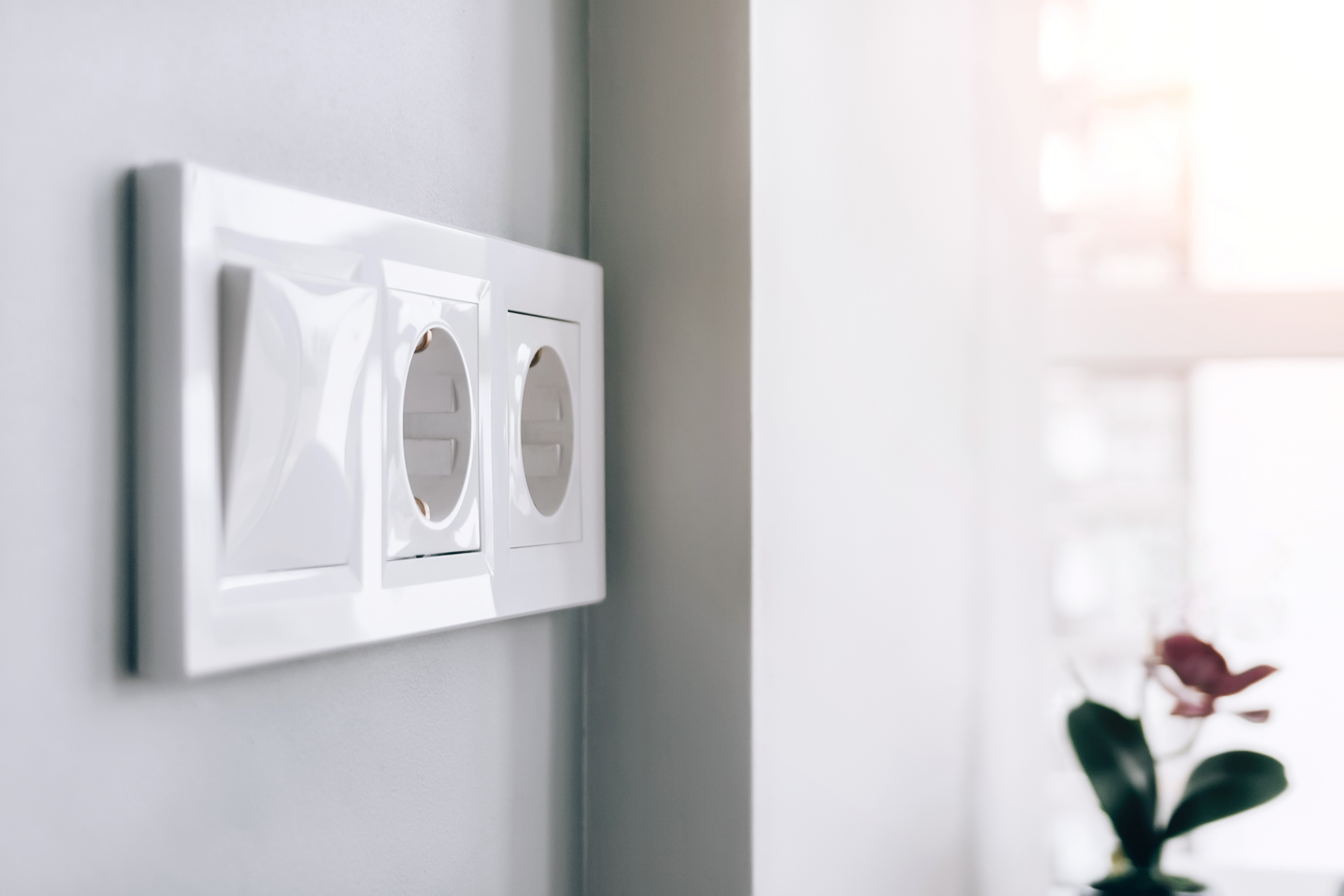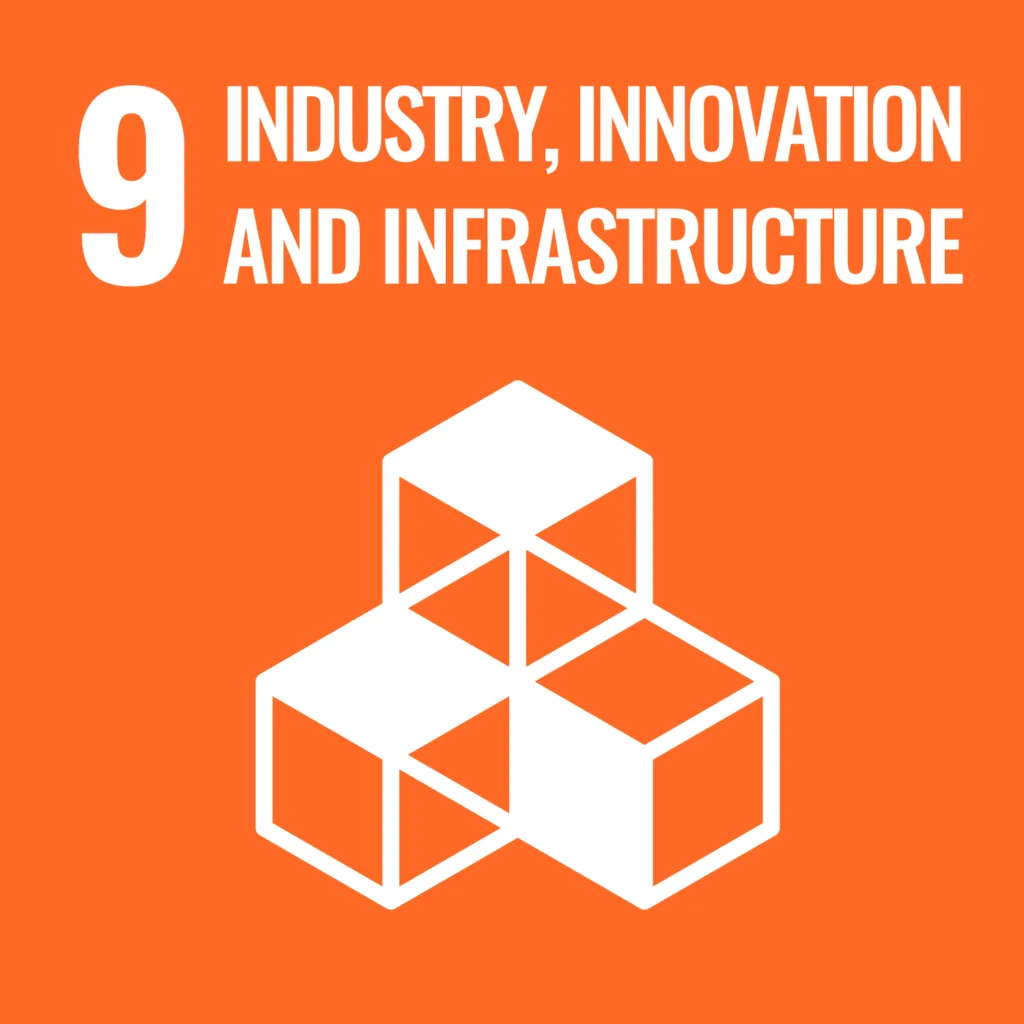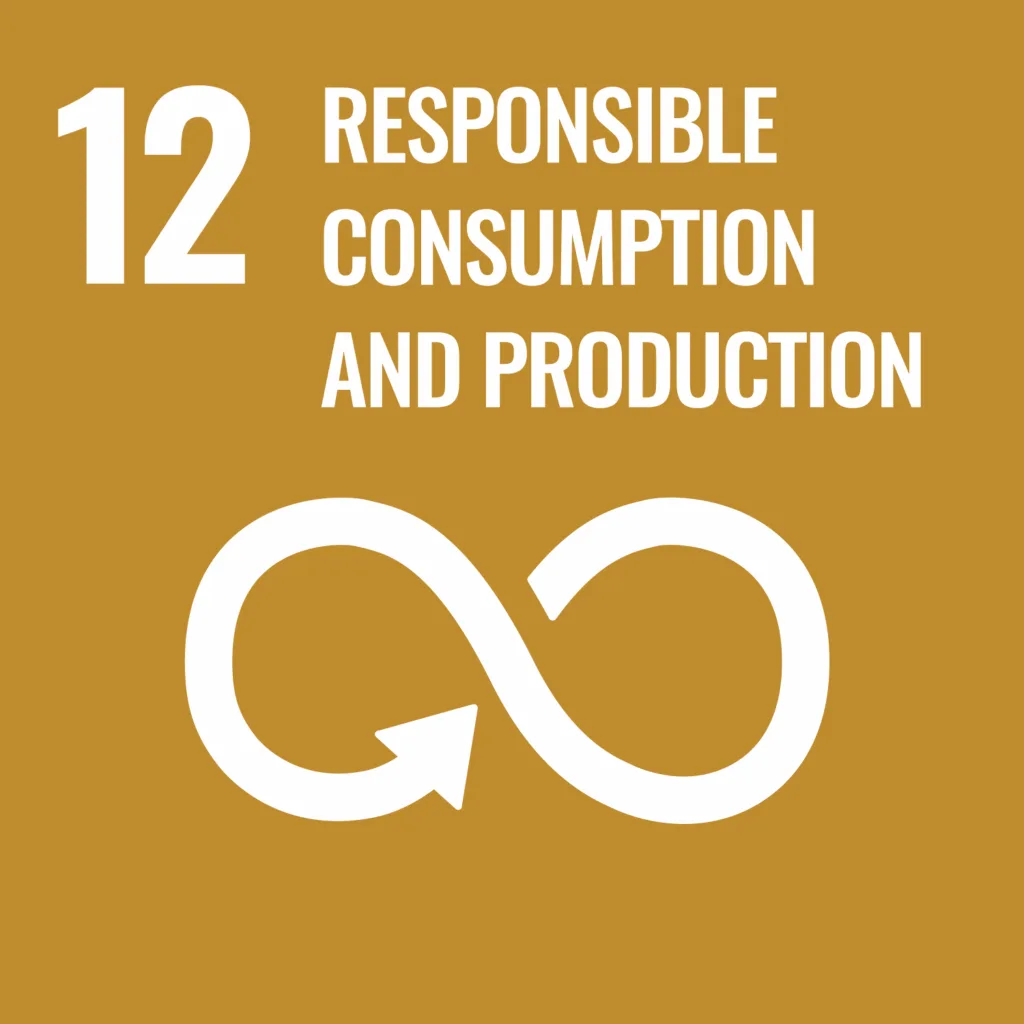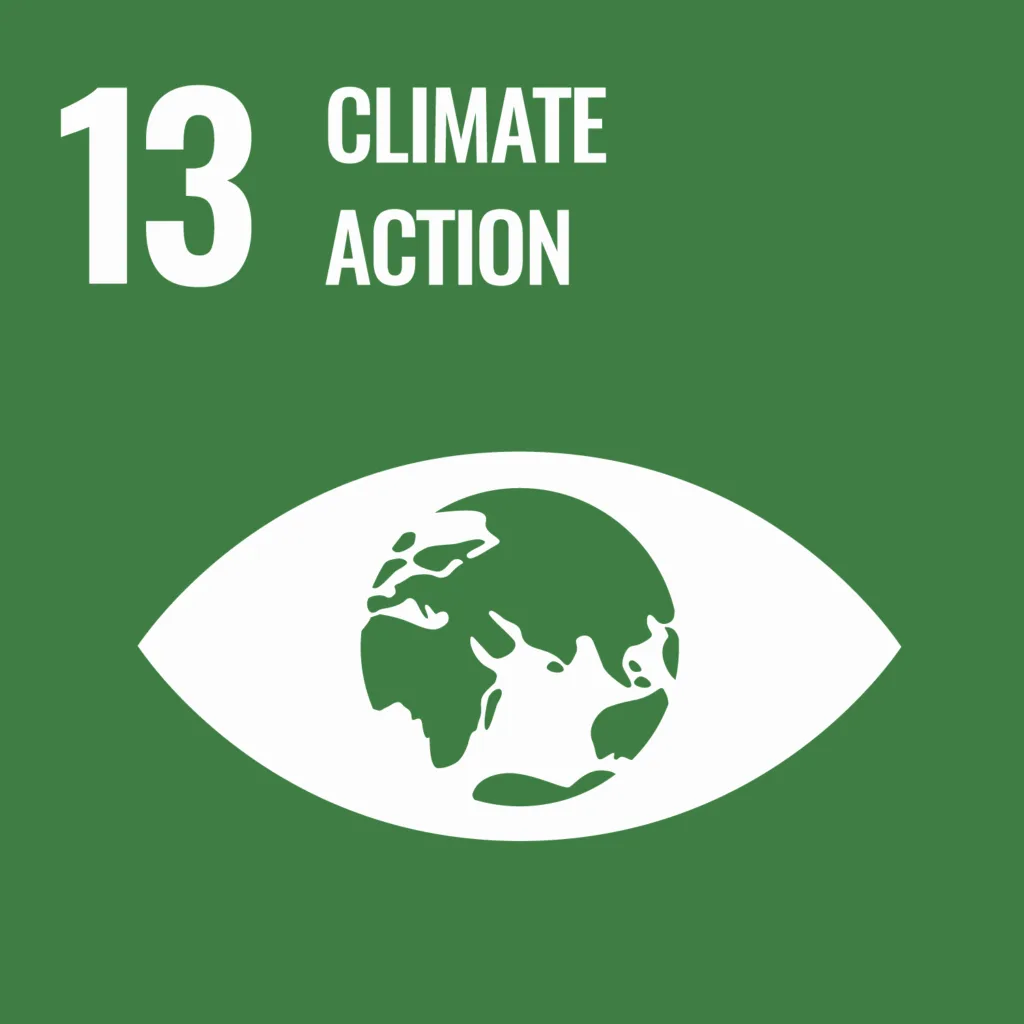Plastics are integral to our everyday lives; from the devices we use to the infrastructure around us. Traditionally, plastic production has relied heavily on fossil raw materials, an aspect of societal discussion. But now, thanks to a breakthrough approach, used cooking oil and other biological waste and residues are being transformed into durable, high-performance plastics. This innovation ensures that we don’t have to sacrifice quality for sustainability.

How the approach works: renewable attributed plastics from biological waste and residues
The key to this innovation lies in the use of bio-circular feedstocks – i.e. biological waste and residues such as used cooking oil and fats – as raw materials for producing polycarbonate, a high-performance plastic. The mass balance approach enables plastics to be based on renewable sources rather than traditional fossil raw materials. The renewable attributed polycarbonate is chemically identical to fossil-based versions, meaning it retains the same strength, durability, and safety standards.
The process incorporates the mass balance methodology, a system used to attribute and track the alternative feedstocks in the production process. In the case of Makrolon® RE, up to 89% of the product is related to the renewable alternative sources. The mass balance approach is audited yearly and allows manufacturers to integrate these more sustainable materials into existing production lines without needing to change their manufacturing processes.
Lower carbon footprint, same performance
This breakthrough is already being applied in the production of electrical components, including light switches, plugs, and sockets. The result is a product that looks, feels, and performs the same as traditional plastic products – only it has a significantly lower carbon footprint.
Life cycle assessments show that the adoption of renewable attributed polycarbonate in electrical components can reduce carbon dioxide emissions by hundreds of tons annually, making a significant contribution to global climate action efforts.
Through a collaboration between Covestro and ABB, the renewable attributed polycarbonate has been integrated into ABB’s range of electrical products. This partnership demonstrates how the mass balance approach can drive sustainability without compromising on material performance.















